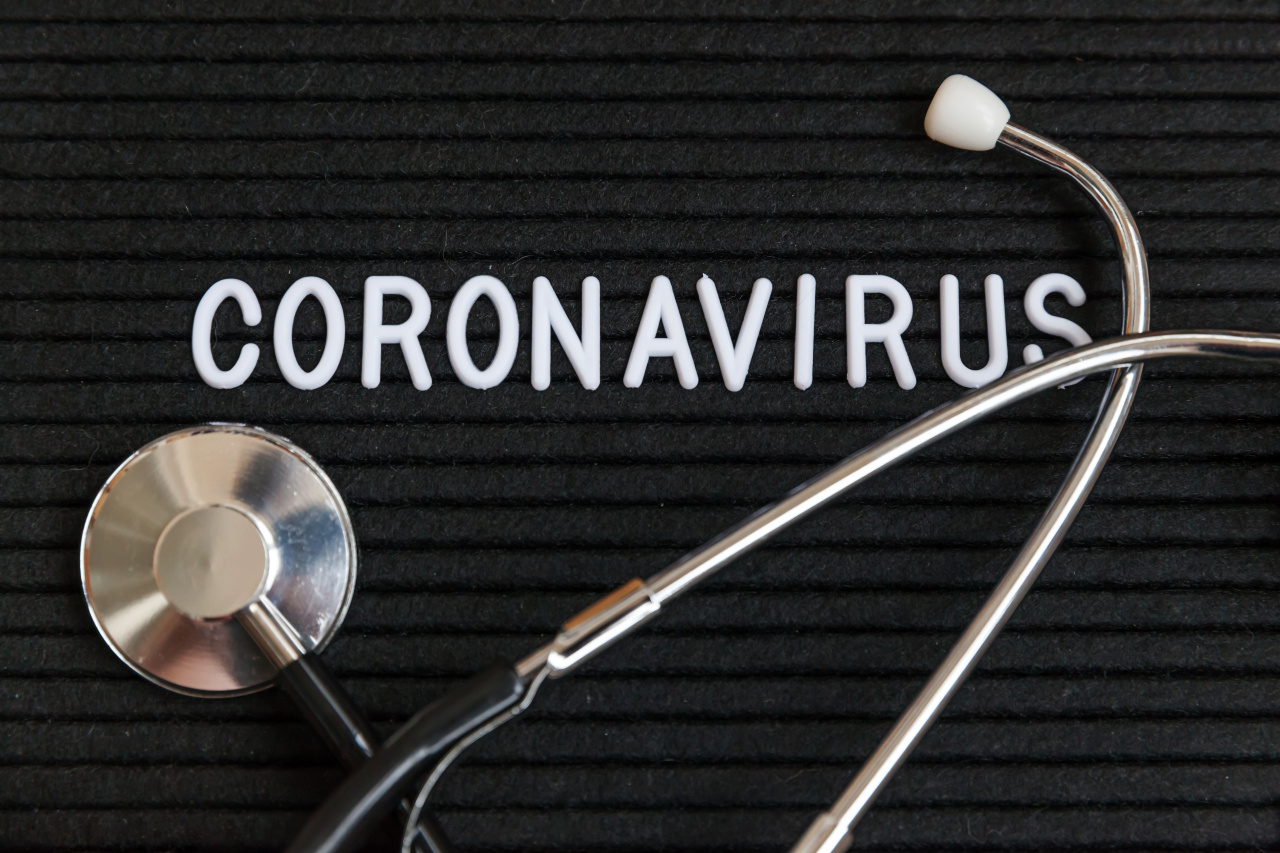
(123rf)
Pandemic-induced delays in seeking medical attention could lead to more lost lives and damaged health from illnesses apart from COVID-19, leading health experts say, calling for solutions to ensure access to care amid the crisis.
When the outbreak was emerging here earlier this year, people were discouraged from making trips to doctors over concerns of contracting or unknowingly spreading the new coronavirus at health institutions. Nearly half a year later, statistics show alarming declines in diagnoses of diseases such as cancer -- which could trigger a wave of other health issues that may be just as detrimental as the virus itself, if not more.
According to the National Health Insurance Service data, between March and May, the number of newly diagnosed breast cancer patients has gone down 14.6 percent from the same period last year. Breast cancer surgeon Dr. Paek Se-hyun of Ewha University Medical Center said this was likely due to less checks taking place rather than an actual reduction in the disease’s incidence.
“In early stages of breast cancer, most patients aren’t aware that they have it unless they get screened, which is why regular exams are important. The chances for successful treatment and recovery are far better when it’s detected early,” he said. He added that those aged 40 or older are advised to get checked for breast cancer every two years.
The National Cancer Center’s Director Dr. Lee Eun-sook said diseases not being picked up due to the lack of screenings could cost more lives than from COVID-19.
“Cancer kills about 65,000 Koreans annually -- a fatality toll greatly exceeding that reported for the coronavirus,” she said. As many as 260,000 new cancer cases are discovered each year on average.
Primary care clinics across the country saw a 44.2 percent drop in patient volume in March compared to the same month a year ago, data from the Korean Medical Association shows. In the heavily affected North Gyeongsang Province, 158 out of around 1,200 clinics had to close for at least a day due to lack of visits.
Dr. Lee Nak-joon, an ENT specialist at a clinic in Seoul, said he saw almost no patients of common cold or other respiratory diseases this season. “Fewer cold and flu patients are attributable to social distancing and improved hygiene. But I think some may be opting out of necessary care over coronavirus worries,” he said.
As for those hesitating to visit doctors, the chief of the state cancer institute said medical facilities have measures in place to make sure not only patients but providers and staff are safe from infection. For instance, those with suspected symptoms are first directed to get tested for the virus in a separate place.
“Visiting hospitals poses much less risks than other daily activities such as eating in restaurants,” she said.
People who are already living with chronic health conditions in particular should not put off routine checkups and treatments, according to endocrinologist Dr. Cho Young-min at Seoul National University Hospital.
He said to prevent patients from stalling follow-up appointments, the hospital has temporarily permitted over-the-phone prescriptions and other virtual health services.
“Diabetic patients are among those at higher risk of severe COVID-19, and they need to keep track of their blood sugar levels and other complications closely,” he said.
“In fighting the pandemic, other existing and emergent health needs should not be sidelined.”
By Kim Arin (
arin@heraldcorp.com)






![[KH Explains] Hyundai's full hybrid edge to pay off amid slow transition to pure EVs](http://res.heraldm.com/phpwas/restmb_idxmake.php?idx=645&simg=/content/image/2024/04/18/20240418050645_0.jpg&u=20240419100350)